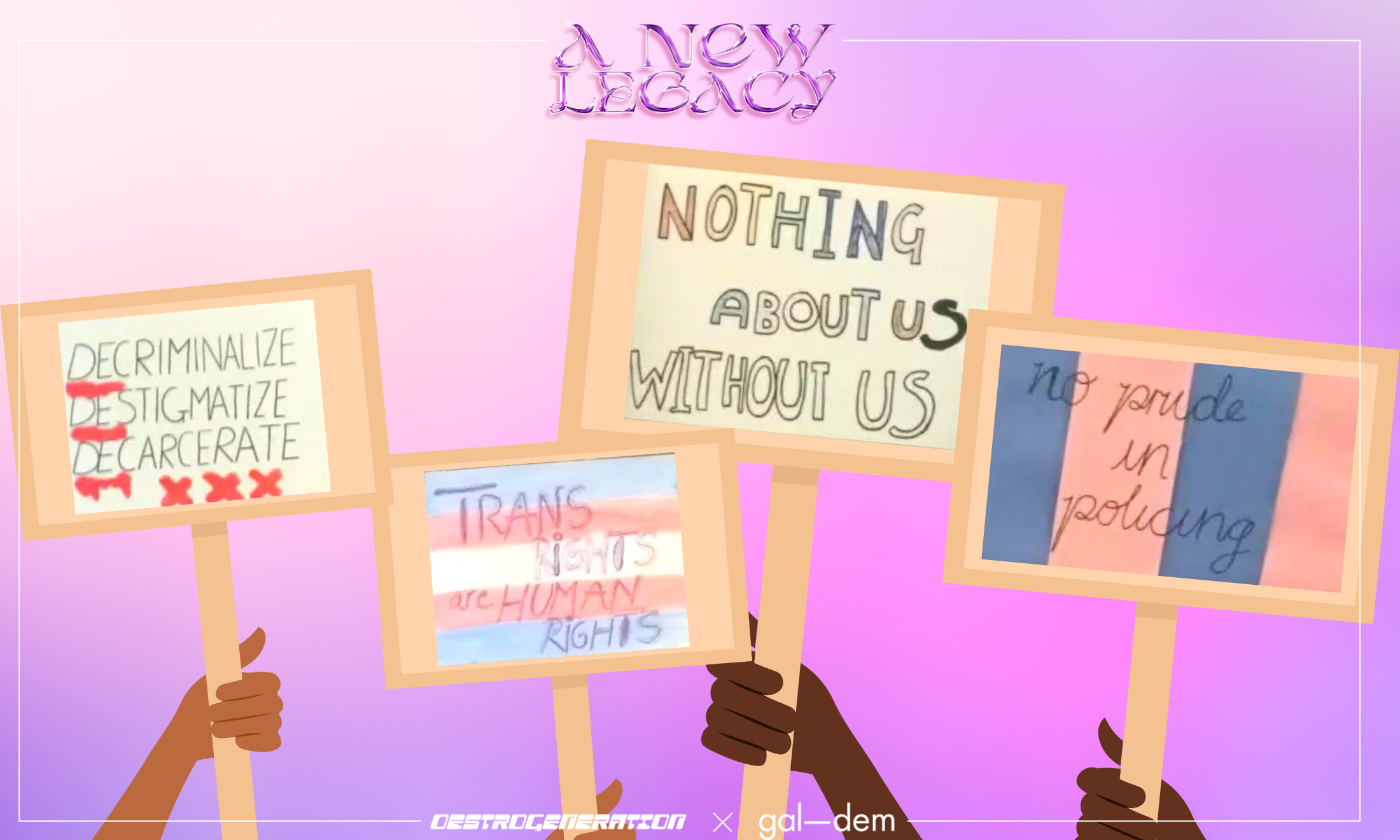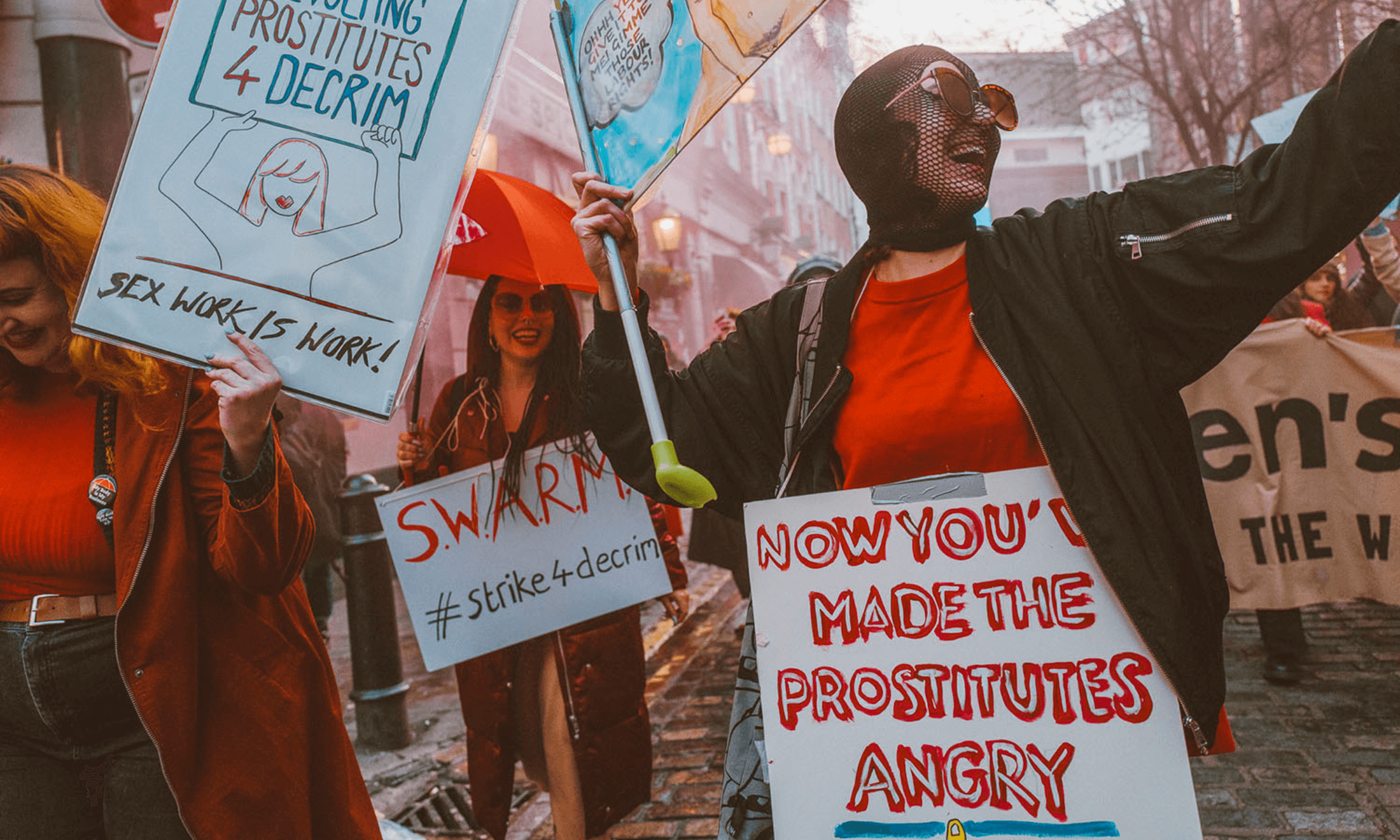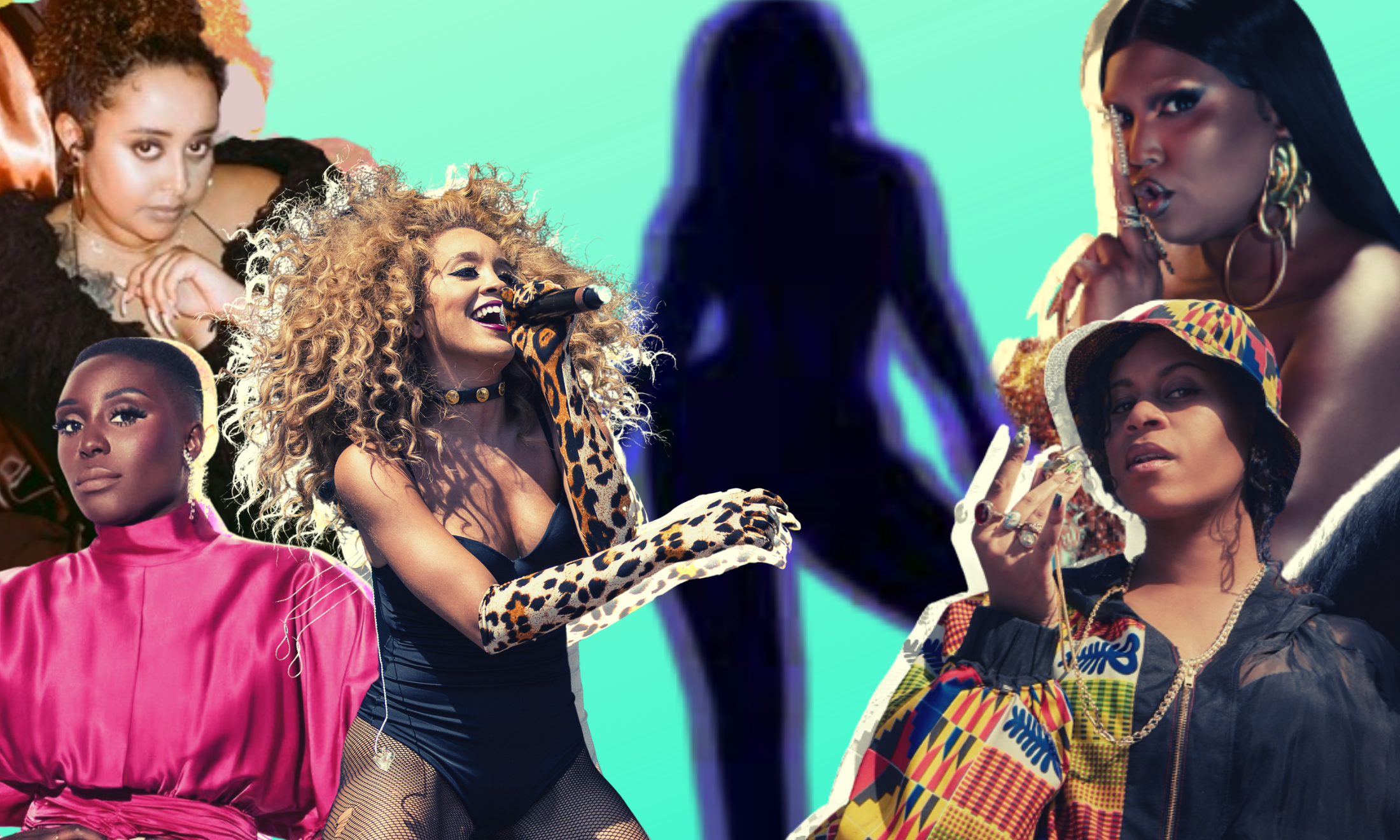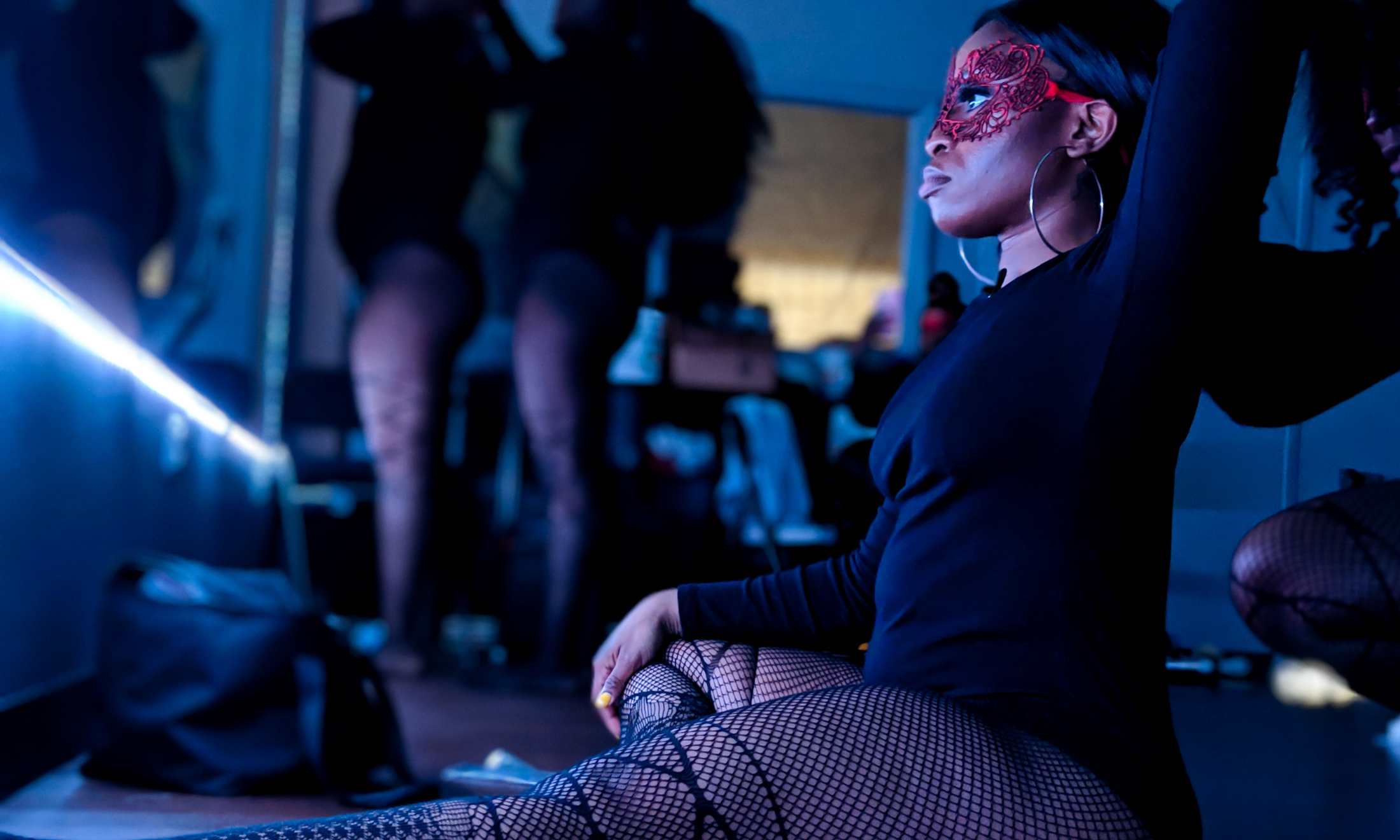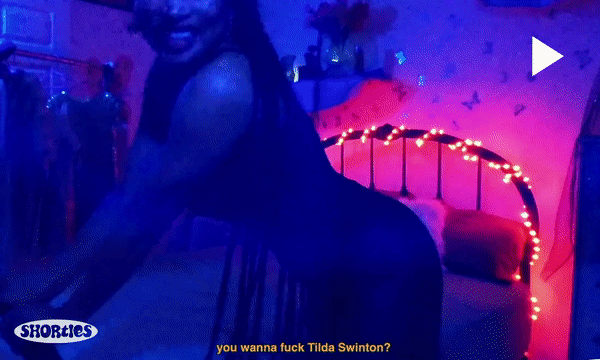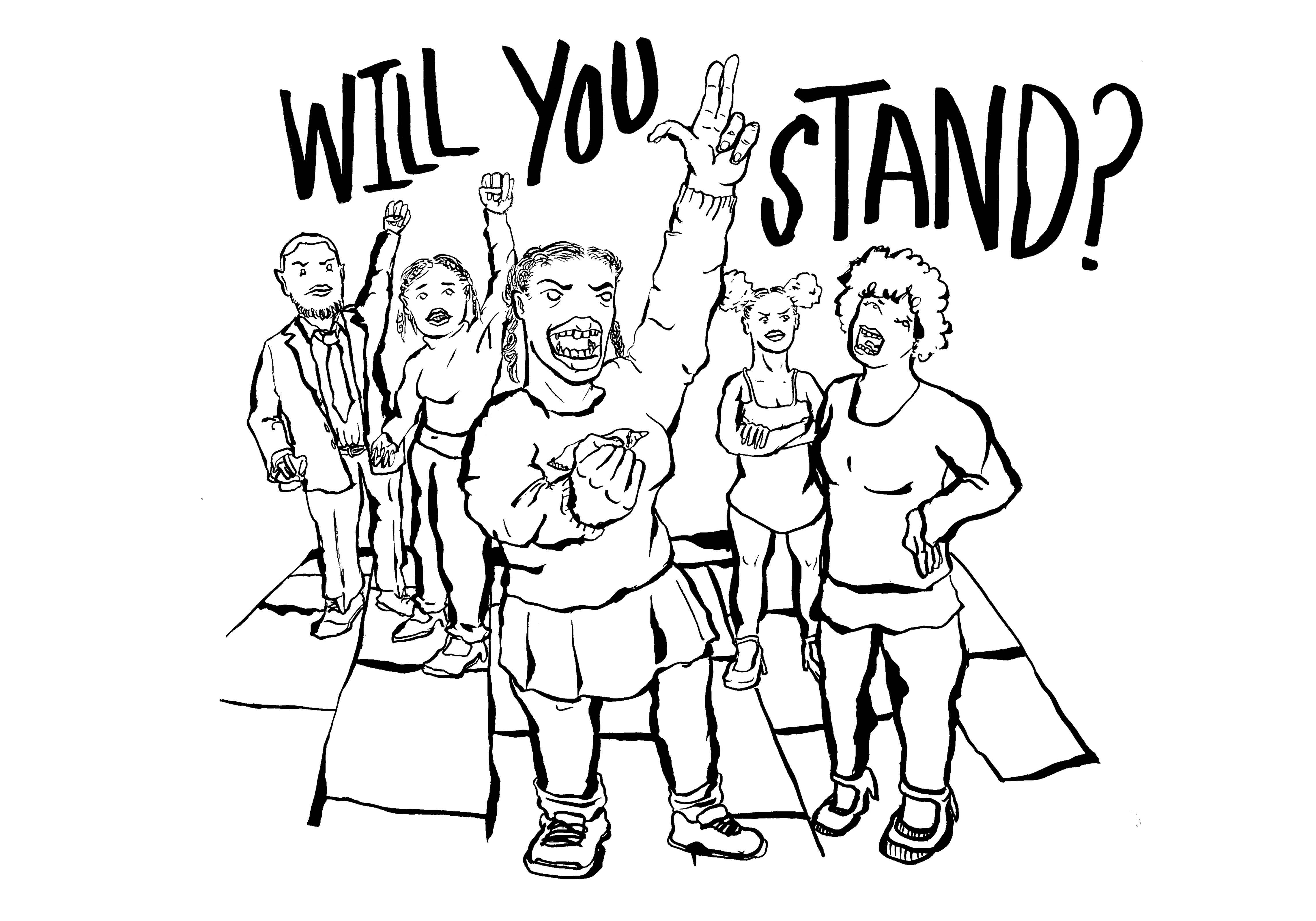
On International Women’s Day, we celebrate the achievements that women have made and continue the fight for gender equality, all the while realising that this means different things to different communities. As women and non-binary people of colour (PoC), we know what it feels like to be invisible in a white-dominated media and political landscape, so we know how important it is that our voices and stories are shared and supported.
Those of us that are lighter skinned know the importance of using our privileges to listen to, show up for, and support our darker skinned sisters; those from more financially privileged backgrounds support those from other backgrounds and classes; and those that are heterosexual and cis support the trans, non-binary, and queer community. We know intimately about the intersecting oppressions of gender, sexuality, race, ability, class, etc. We know about police brutality, governments harming marginalized communities, institutional discrimination, the importance of visibility, and how microaggressions contribute to an oppressive system.
Most importantly though, we know how to organise and support, and how to care for each other. From the way we just showed up for Black Panther, the way we have called out and cancel companies that have done us wrong like Shea Moisture, and the way we sent the Tate into panic when hundreds more than they planned for showed up for Reni Eddo-Lodge’s talk on Why I’m No Longer Talking to White People About Race our power to fight for and lift each other up and be heard is one of the most beautiful things about PoC communities. All of these things we know from our fight against racism correlate with the fight for sex workers rights. For this reason, I want to emphasise the importance of PoC communities recognising and being allies to sex worker communities.
“As a woman of colour and a sex worker I ask for my PoC communities to forge a stronger relationship with my sex worker communities”
As a woman of colour and a sex worker I ask for my PoC communities to forge a stronger relationship with my sex worker communities. Fighting the hypersexualisation and exoticisation of non-white, especially black femme bodies, and fighting the stigma of sex work go hand-in-hand for me. I was regularly called a hoe and slut by the time I was 11 and a whore by the time I was 15.
At 16 my classmates said they thought I would be a stripper upon leaving school and it had everything to do with the fact I was one of two to three black bodies in a majority white school. When I started dating a white guy and his mother came screaming at our teachers about how bad of an influence I would be on her “innocent” son, it had everything to do with the way black youth are deemed as less innocent than their white counterparts.
The constant dress coding and having to cover my skin – wear sweaters in the middle of scorching Augusts in California while I watched white girls walk around comfortably in clothes – had everything to do with the fact that the only noticeable difference between me and them was our race.
Since as early as I can remember I knew my sexuality was deemed dangerous, and I knew this had something to do with my “exotic” half black skin. The coded language of all of these “slut-shaming” incidents that were daily occurrences are racially motivated. These experiences with hypersexualisation and stigma molded my racial identity. Having one black and one white parent, I’ve identified as a light skinned black woman over feeling any identity with whiteness, because from as early as I can remember there was no learning about myself, my body, and my sexuality that wasn’t tied to blackness. I was a hoe and whore before I really knew what either of those two things were. By the time I did start sex work the added stigma I took on was intrinsically connected to the stigma I’d felt just for being black and a woman.
“Since as early as I can remember I knew my sexuality was deemed dangerous”
As a queer sex worker of colour, studying in one of the whitest spaces I have ever experienced, the invisibility feels unmanageable at times. If someone’s not saying something on the scale of a microaggression to downright racist, they’re saying something whorephobic. There’s a lack of support from most mainstream feminist movements; terms like white feminism, Trans Exclusionary Radical Feminists, and Sex Worker Exclusionary Radical Feminists describe this trend and are all the more reason we need to stand in solidarity together. The same places PoC are left out are generally the same places sex workers are left out and together we are stronger.
Sex workers’ rights is a PoC issue, a women’s, non-binary, and trans rights issue, and a class, ability, labour, and migrants rights issue. In the U.S. Black people were 13.2% of the population yet 42% of all prostitution arrests. Just look at how in New York, Black and Latino people were 52.6% of the population and 85% of loitering for prostitution arrests. You can see our connected struggle against police violence in a study of New York Street-Based Sex Workers which reported that 80%of participants had reported experiencing violence, including 27% at the hands of the police.
It is obvious that we belong in discussions of women’s rights when you consider that of approximately 72,800 sex workers in the UK, 85-92% are women. It is clear this is an issue for anyone who supports PoC and non-binary communities when statistics expose that between January 2008 and September 2016, there were 2,264 reported killings of trans and gender diverse people in 68 countries worldwide, the majority of which were trans women of colour and 65% of those who occupation was known, were sex workers.
“Sex workers’ rights is a PoC issue, a women’s, non-binary, and trans rights issue, and a class, ability, labour, and migrants rights issue”
On International Women’s Day, women all over the world are striking from the paid and unpaid work they do in protest of gender inequality. Sex workers and allies will join the strike while calling for the decriminalisation of sex work. We call for this because “the criminalisation of sex work perpetuates the ownership that men and the government have over women’s bodies and exposes us to violence and police abuse”.
So join me and others at the strike4decrim at 7pm from St Anne’s Church, Soho London on the 8th of March if you’re able to or find strikes local to you. Continually listen to us, support us, and include us. Write us into your mission and accessibility statements, come to our demonstrations, read the information we provide, call out whorephobic language, help break down the stigma and ignorance in order to build a safer world for all us in our interconnected oppressions.
We are here; we are women, trans, and non-binary people of colour; we are fighting against racism, sexism, abelism, classism; and we are fighting against the stigma and criminalisation of sex work. We are Maya Angelou and Cardi B. So on International Women’s Day let’s stand strong in solidarity and support each other in the collective struggle against the oppressions of the imperialist white supremacist capitalist patriarchy.
Thank you to all of the many incredible women of colour and sex workers whose knowledge I pulled on for this article that have forged a path for people like me to speak openly. In our collective efforts we are strong.
For further education and other statistics, please take a look at feminist manifesto in support of sex workers rights, SWARM and ECP

